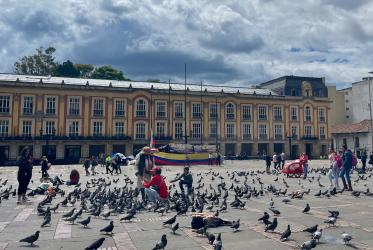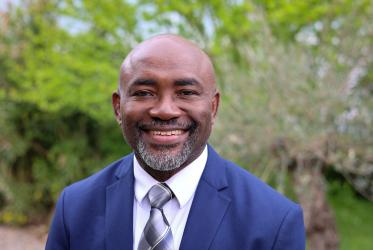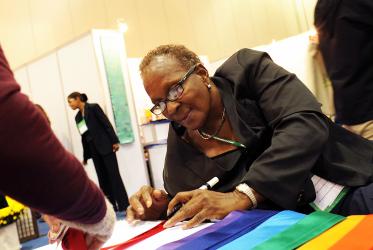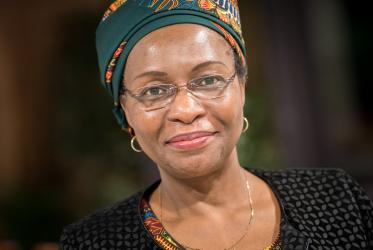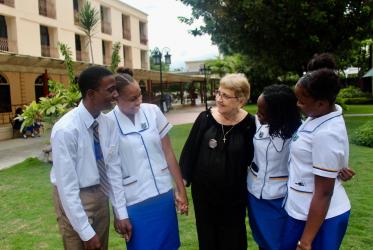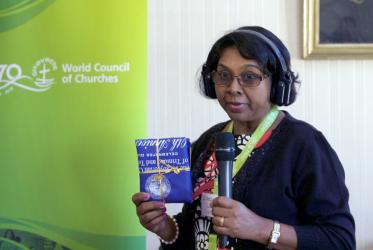Displaying 1 - 20 of 38
11 April 2024
WCC backs extension of ceasefire in Colombia
18 January 2024
COVID-19 in conflict zones: “a crisis within another crisis”
27 November 2020
Is God present - even amid hurricane’s wrath?
07 September 2019
Workshop in Jamaica focuses on human rights
16 May 2019
“If this is the ecumenical movement I want to be in!”
11 October 2018
Trinidad and Tobago church challenges plastic pollution
09 October 2018

